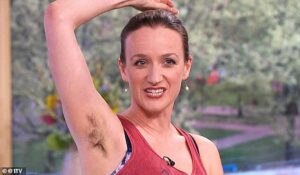By SHAUN WOOLLER, EXECUTIVE HEALTH EDITOR
Published: | Updated:
Ministers have launched a crackdown on cosmetic ‘cowboys’ who recklessly deliver Botox, fillers and Brazilian butt lifts.
Patients will be protected by ‘robust’ new restrictions on who can access and provide the treatments and where they can be done.
Officials warn ‘rogue operators’ with no medical training are maiming and killing people by carrying out ‘invasive’ procedures in homes, hotels and pop-up clinics.
The NHS is often left to pick up the cost of correcting botched care, the Department of Health and Social Care said.
Under the new rules, only health workers who are ‘suitably qualified’ will be able to deliver high-risk procedures such as Brazilian Butt Lifts (BBLs), which involves injecting chemicals into the bottom to give a plumper appearance.
These practitioners must be working in providers regulated by the health regulator, the Care Quality Commission.
Those who break the rules on high-risk procedures could face sanctions from the watchdog and financial penalties.
Clinics offering Botox and fillers will need to be licensed and meet certain standards to obtain a licence by their local authority.
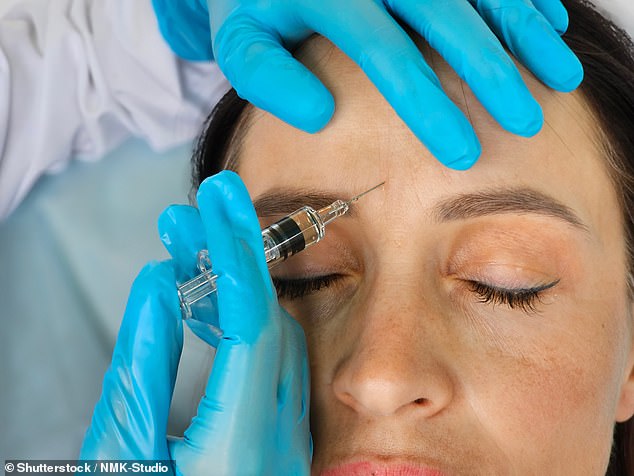
And age restrictions will be introduced to prevent children from trying to follow ‘dangerous beauty trends on social media’, officials said.
This would see restrictions for under 18s on high risk cosmetic procedures, such as liposuction and intravenous vitamin drips, unless authorised by a health professional.
The Department said it will launch a consultation next year seeking views on the range of procedures which should be covered in the new restrictions.
Leading medics said only surgeons should be able to perform BBLs or any intervention designed for augmentation of the breasts, buttocks of genitals.
Last month, the Chartered Trading Standards Institute warned that fat injections, BBLs, Botox and fillers are being offered by untrained people in places such as public toilets.
Before the proposed regulations come into force, the Government has urged people seeking cosmetic procedures to ask for the provider’s qualifications and insurance, and to be wary of ‘suspiciously cheap’ offers.
Health minister Karin Smyth said: ‘The cosmetics industry has been plagued by a Wild West of dodgy practitioners and procedures.
‘There are countless horror stories of cosmetic cowboys causing serious, catastrophic damage.
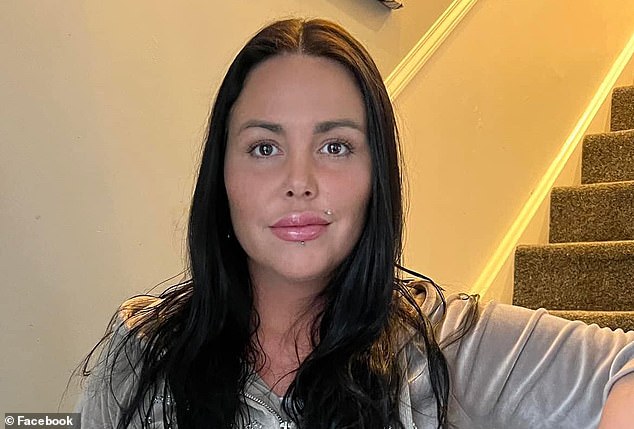
‘This government is taking action to protect those seeking treatments, support honest and competent practitioners, and root out the cowboys as part of our Plan for Change.
‘This isn’t about stopping anyone from getting treatments – it’s about preventing rogue operators from exploiting people at the expense of their safety and keeping people safe.
‘We’re giving them peace of mind and reducing the cost to the NHS of fixing botched procedures.’
Health minister Karin Smyth op-ed
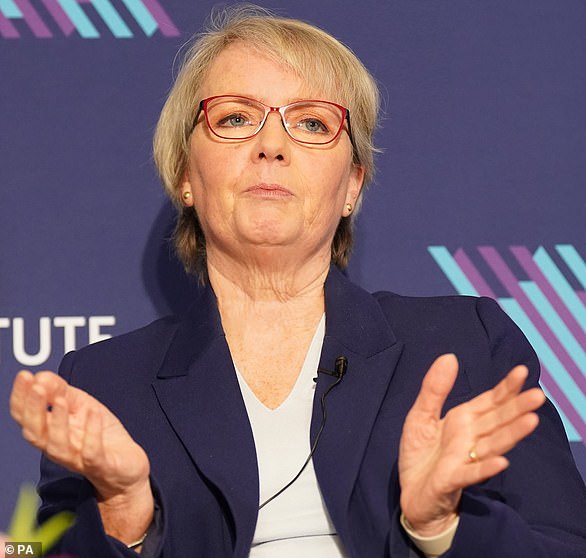
Writing for the Daily Mail, health minister Karin Smyth said:
‘I’ll never forget the name Alice Webb.
‘She was a young woman – and a mother of five – who simply wanted to feel better about herself. Instead, a cosmetic procedure she had in England ended up costing her life.
‘Her heartbreaking story is a stark reminder of what happens when dangerous, unqualified individuals are allowed to operate unchecked in the cosmetic industry.
‘We’re not going to stand by while innocent people are harmed by chancers passing themselves off as cosmetic surgeons.
‘These charlatans are luring in vulnerable people – especially young women – with cheap procedures that can go catastrophically wrong. Kitchen table operations. Dangerous injections in someone’s front room. Industrial-grade silicone being pumped into people’s bodies.
‘The human cost can be devastating. And who picks up the pieces? Taxpayers and NHS doctors and nurses, already stretched to breaking point.
‘That’s why I’m declaring war on this industry’s cowboys.
‘High-risk procedures like Brazilian butt lifts will soon only be performed by qualified healthcare professionals. No exceptions.
‘Clinics offering Botox and facial filler treatments will need to prove they’re trained, insured and working to proper hygiene and safety standards. Every practitioner and clinic will need to be licensed. These rules will also reduce the cost to the NHS of fixing botched procedures.
‘To protect kids we will work to introduce restrictions for under 18s to prevent them from being able to access treatments which are not suitable for them.
‘Patient safety isn’t negotiable. Rogue practitioners are being put on notice that the cosmetics Wild West ends now.’
Millie Kendall, chief executive of the British Beauty Council, said: “Any measures that increase protection for the general public and professionalise the industry will help instil confidence as well as helping to prevent the normalisation of horror stories that have become synonymous with our sector.’
Ashton Collins, director of Save Face – a register of accredited practitioners, added: ‘I am delighted that the government has recognised the significant and potentially fatal risks posed by highly dangerous procedures like liquid BBLs, and has made it a priority to implement restrictions to protect public safety.
‘I have seen firsthand the devastating impact these procedures can have on the lives of victims and their families — none more so than the family of Alice Webb.’
Ms Webb, 33, from Gloucestershire, died in 2024 after having a BBL.
The mother-of-five worked in the beauty industry and lived in the Wotton-under-Edge area of Gloucestershire with her family.
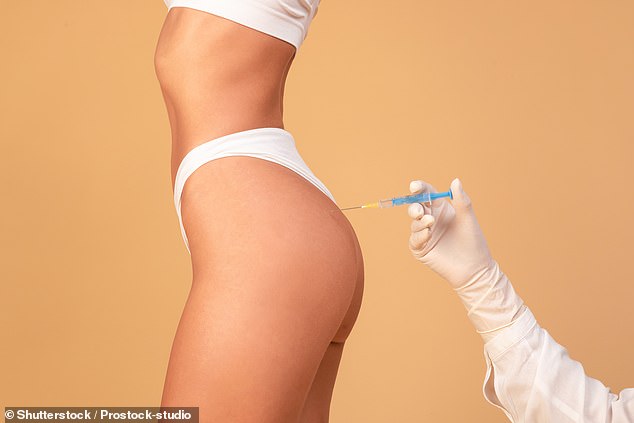
Tim Mitchell, president of the Royal College of Surgeons of England, said: ‘It’s encouraging to see recognition of the risks associated with procedures such as liquid Brazilian Butt Lifts, however we believe this procedure – along with any intervention designed for buttock, breast or genital augmentation – should only be performed by a Cosmetic Surgery Board Certified surgeon.
‘Medical oversight is essential to prevent serious complications and protect individuals from lasting physical and psychological harm and, at worst, death.
‘These plans could help improve regulation of lower-risk non-surgical interventions, but the government must also urgently improve regulation of surgical procedures – ensuring only surgeons who are Cosmetic Surgery Board Certified can perform such operations.
‘This will ensure high standards of care, reduce avoidable harm, and give patients the confidence they deserve when seeking aesthetic treatments.’
Nora Nugent, president of the British Association of Aesthetic Plastic Surgeons, added: ‘We await with great interest for the details such as which healthcare practitioners fall under these regulations and who the higher complexity and risk procedures are restricted to.
‘These should be restricted to doctors and in some situations, only those with the level of training of a qualified plastic surgeon.
‘Overall, this is a very welcome step forward for patient safety.’




